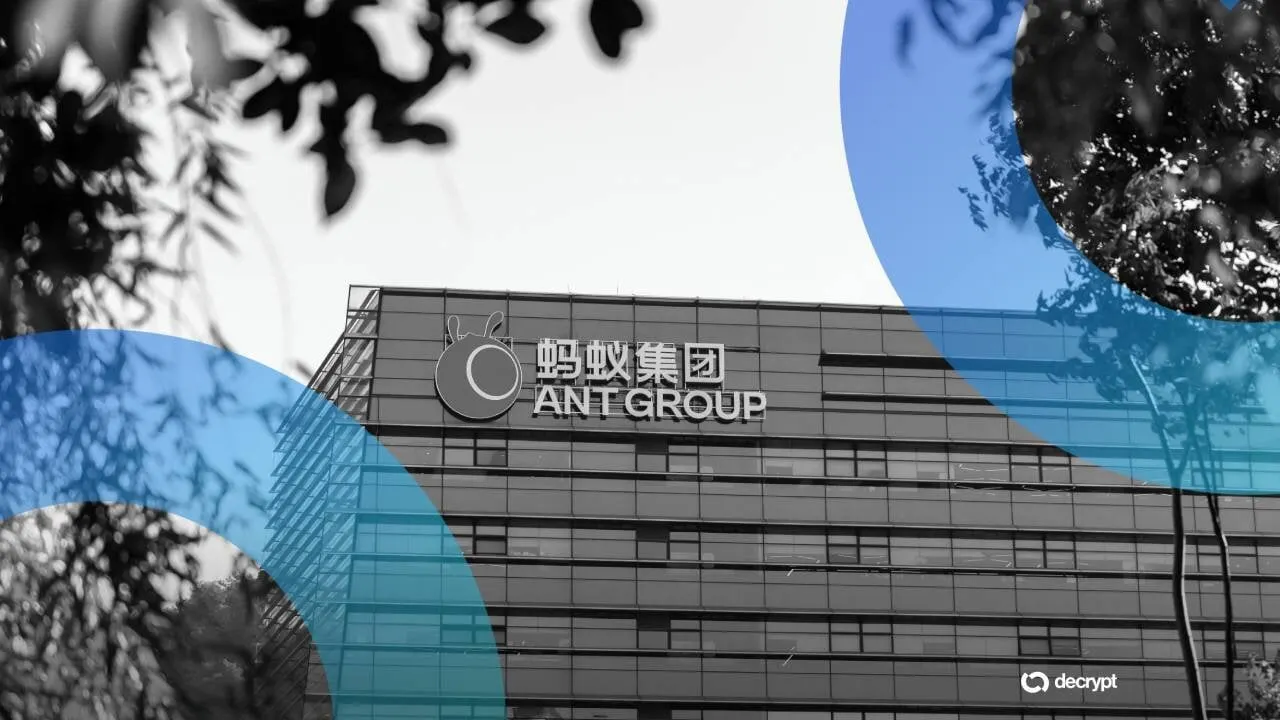In brief
- Chinese tech giant Ant Group has said claims it’s working on a rare earth RMB stablecoin are false.
- It comes amid exploration of stablecoin uses by Chinese e-commerce firms.
- Hong Kong's stablecoin regulatory regime has been a key driver for increased interest.
Chinese tech giant Ant Group has denied online rumors that it is working with the People’s Bank of China (PBoC) to launch a rare earth-backed RMB stablecoin.
The company said over the weekend that several articles had misled investors by suggesting the project was in development.
"Ant Group has never had such plans with relevant institutions. The public is advised to pay attention and beware of being deceived," it wrote on Weibo Sunday night.
The denial comes amid a wave of interest from Chinese companies in stablecoin technology as other countries shore up their regulations.
The interest, for now, is strictly international and not targeting domestic audiences. Chinese regulators sent out guidance to brokerages last month to cool off on publishing research and making public comments related to stablecoins amid concerns it was renewing domestic interest in cryptocurrencies.
Crypto trading is banned in China due to fears about financial regulation and economic stability.
Edwin Cheung, CEO of Gate Dubai and a former executive at Gate HK, told Decrypt he has seen strong enthusiasm from mainland Chinese companies with international arms for Hong Kong’s stablecoin regime.
“A lot of e-commerce firms, they’re super energetic about the Hong Kong regime,” he said. “They want to leverage on this regime, either to do their own stablecoin or use stablecoin technology or blockchain technology in their own payment network within their business.”
Ant Group and blockchain
Ant Group itself has active blockchain projects, including plans to integrate Circle’s USDC stablecoin into its blockchain platform once the token achieves full compliance in the U.S. under the GENIUS Act. It was also considering launching stablecoins backed by the Hong Kong dollar.
Other major Chinese firms are moving in the same direction. JD.com said in June it plans to seek stablecoin licenses in multiple countries to reduce the cost and time of cross-border payments.
The e-commerce giant aims to start with business-to-business transactions before expanding to consumer use.

